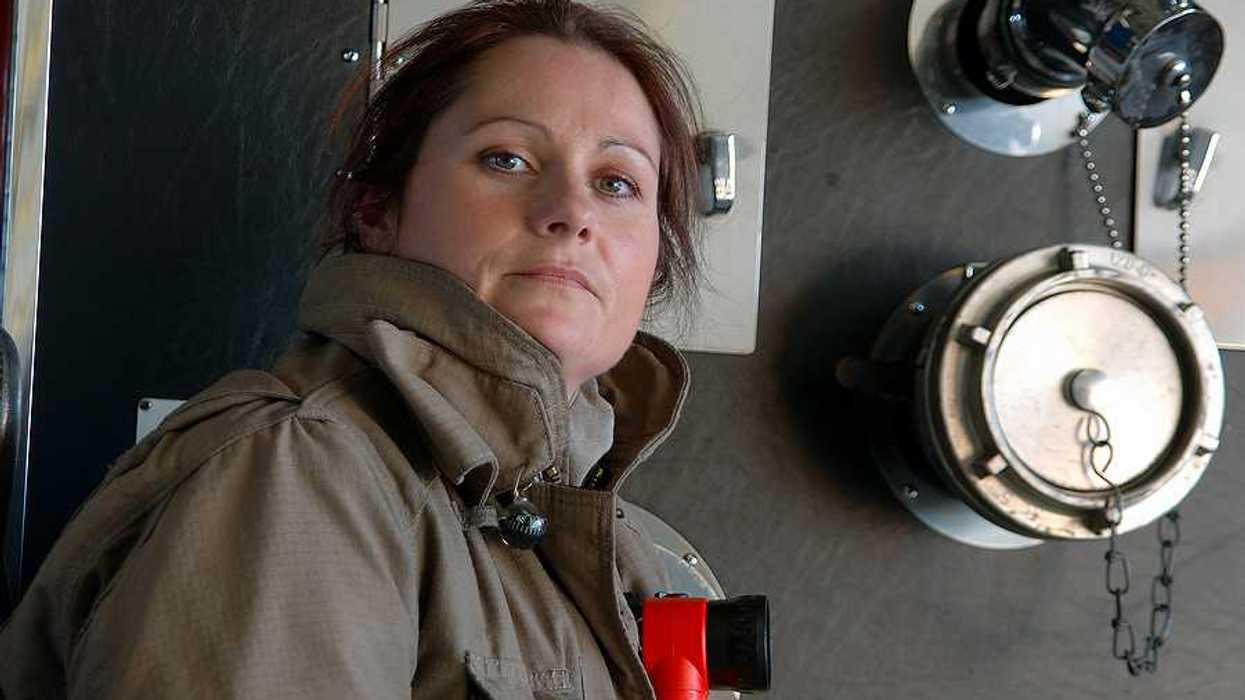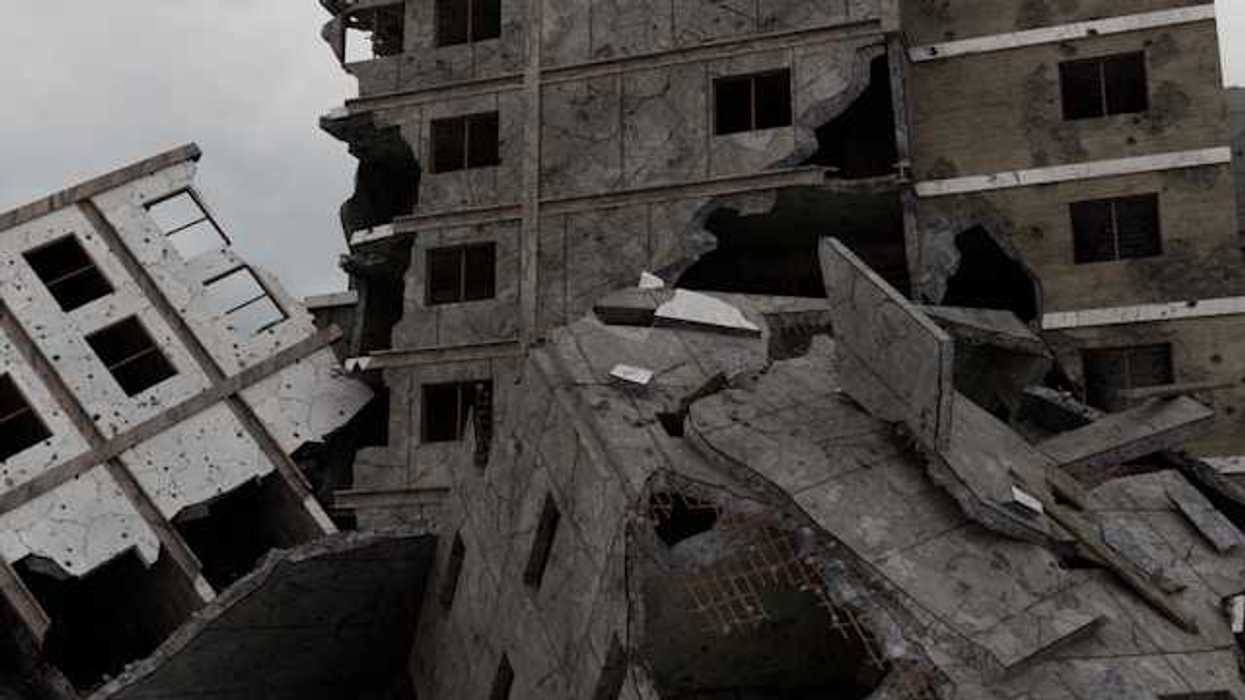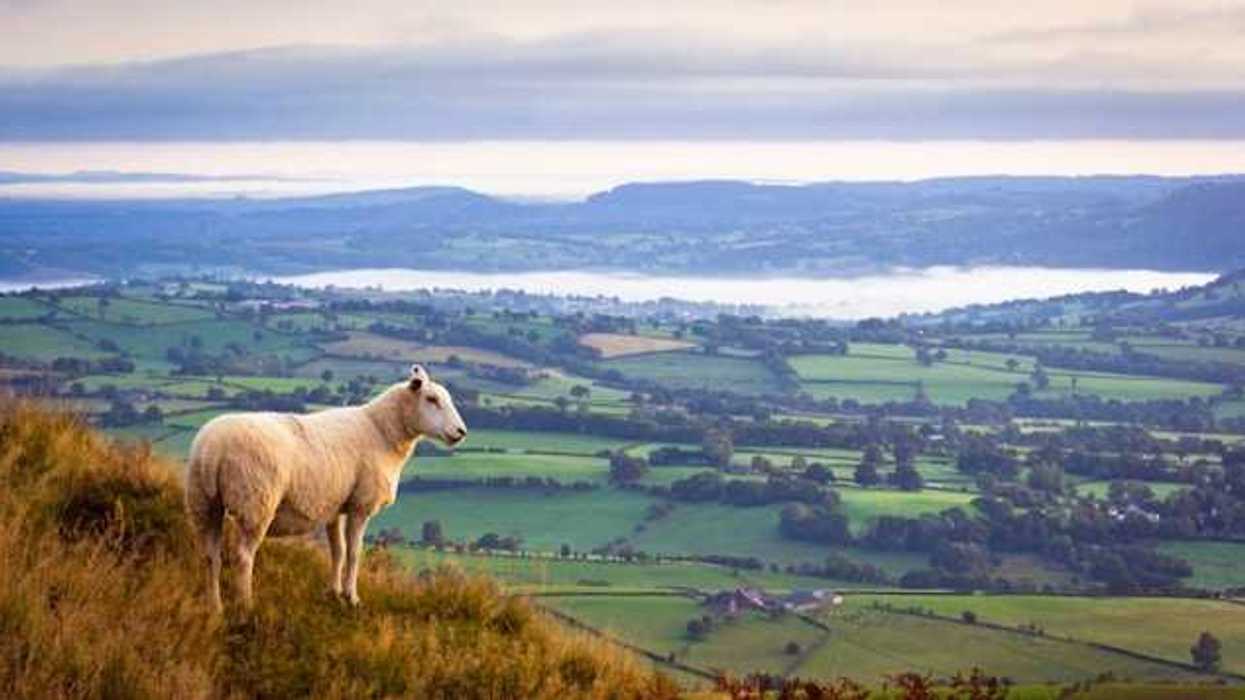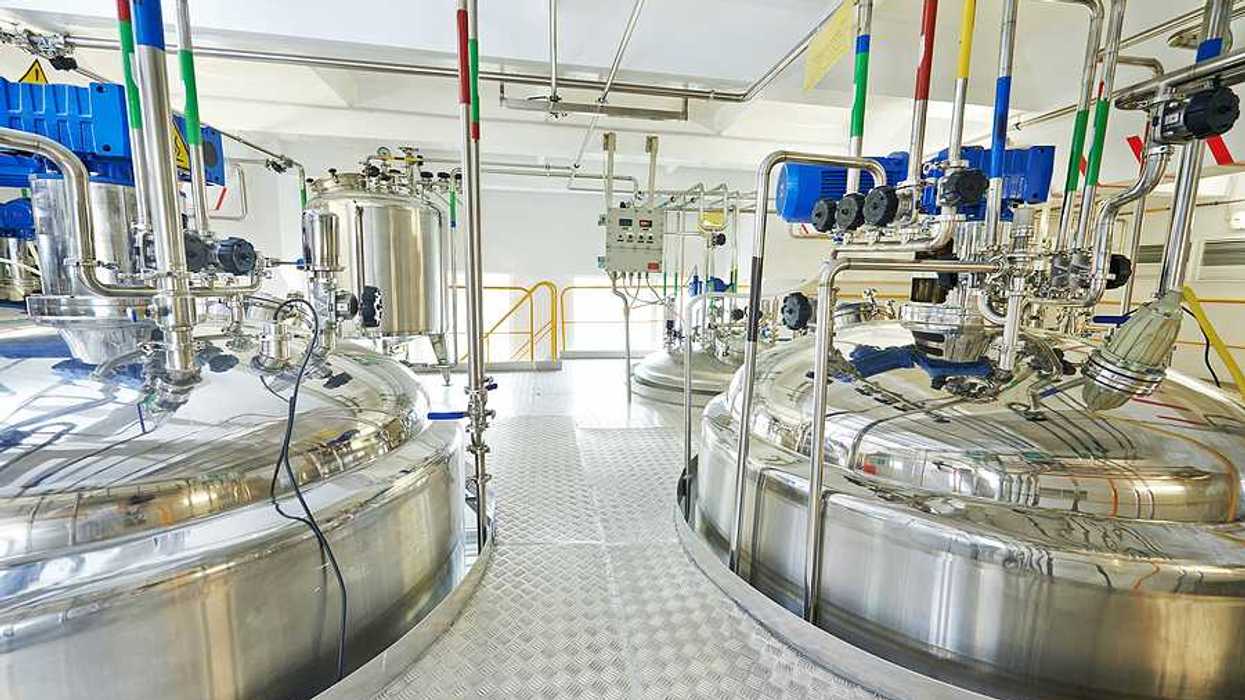As ice sheets thin in volcanic regions, scientists warn that eruptions could increase, potentially speeding up climate change and ice melt in a dangerous feedback loop.
Bob Berwyn reports for Inside Climate News.
In short:
- New research in the Chilean Andes shows that melting glaciers during the last ice age unleashed volcanic eruptions by reducing pressure on magma systems.
- More than 100 volcanoes lie beneath Antarctica’s West Antarctic Ice Sheet, where melting could destabilize ice from below and send ash and gases into the atmosphere.
- Rising sea levels from ice melt may also increase seismic activity by adding water weight, a phenomenon observed around large reservoirs.
Key quote:
“When you take the load off, it’s just like opening a Coca-Cola bottle or a champagne bottle.”
— Brad Singer, University of Wisconsin–Madison geoscientist and leader of the research
Why this matters:
Glacial melt is often seen as a symptom of climate change, but it may also be a driver of it. As thick ice sheets retreat from volcanic regions, they lift the heavy lid that has kept pressure on underground magma systems. This sudden release can trigger explosive eruptions, sending heat-trapping gases and ash into the atmosphere and, in Antarctica, melting ice from below. That dual effect not only accelerates global warming but threatens sea level rise on a much faster timeline. Volcanoes beneath the West Antarctic Ice Sheet could destabilize a region already vulnerable to warm ocean currents.
Read more: Scientists document the global disappearance of glaciers














